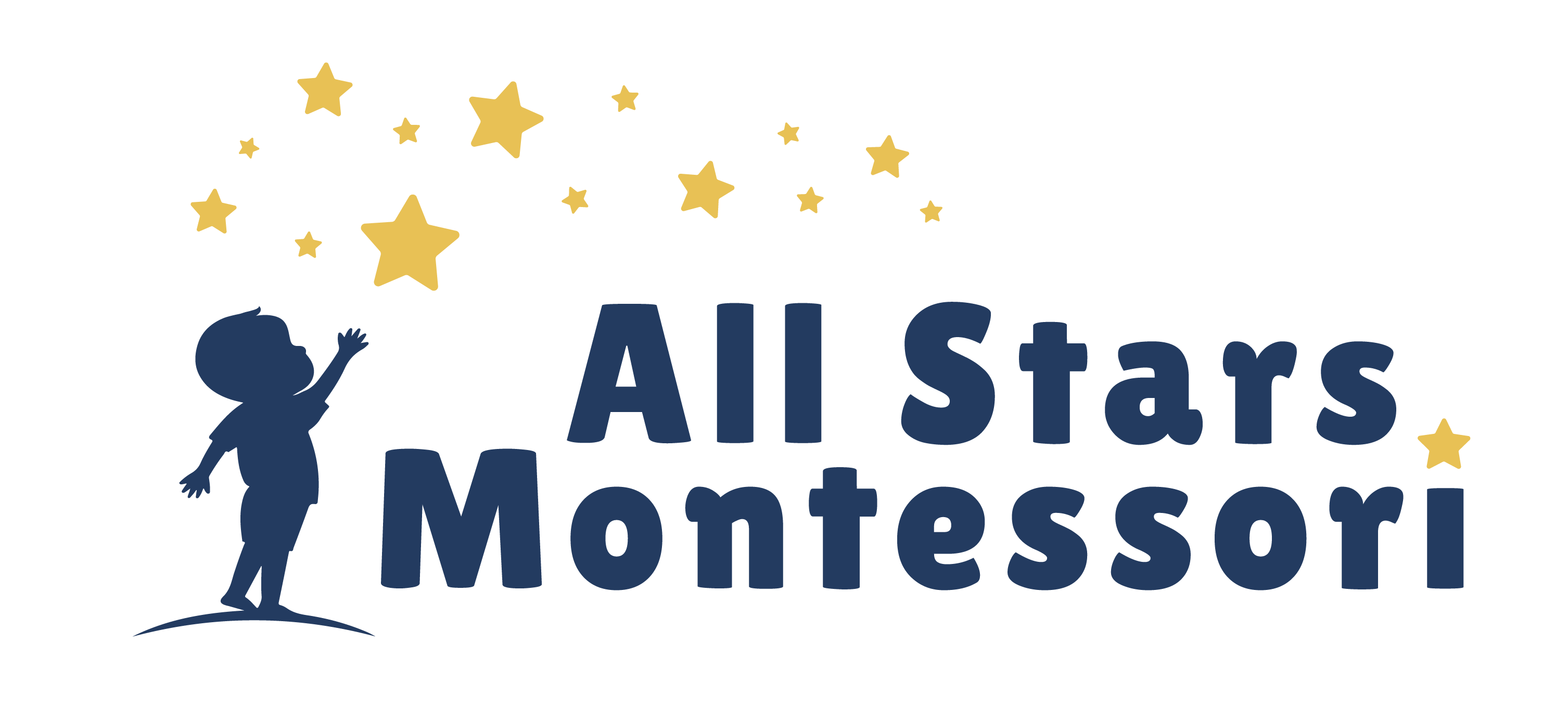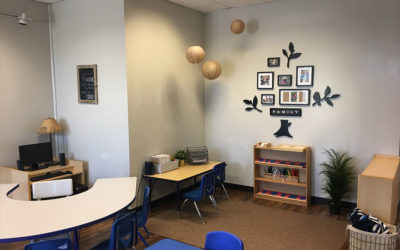Maria Montessori believed that children deserve respect. She knew that allowing a child to discover their environment on their own without interference would help to foster this respect. When adults are careful to avoid interrupting children when they are concentrating and when they allow children to discover their own mistakes rather than pointing them out, they are modeling respectful behavior that the children can imitate. It is also important for adults to observe children in their environment without being too quick to make judgments about what they’re doing. Sometimes even though a child appears to be off-task, after further observation you may discover that they were actually deep in thought and discovering something new about their world. Montessori teachers understand this and they do their best to observe from the sidelines as the children work on their own or with their peers to solve problems.
Children can also be shown respect by being given age-appropriate choices in their day-to-day life. Even the small act of allowing a child to choose what they’re going to wear can provide them with autonomy and positive self-esteem. Montessori classrooms support this concept by allowing children to freely choose which Montessori materials they will work on. Children who are allowed to make their own choices in these areas will be more engaged in the materials they are working on and will naturally gain a deeper understanding of the concepts being taught. This enables them to develop the skills they need to become independent and confident learners.
“As a rule, however, we do not respect children. We try to force them to follow us without regard to their special needs. We are overbearing with them, and above all, rude; and then we expect them to be submissive and well-behaved, knowing all the time how strong is their instinct of imitation and how touching their faith in and admiration of us. They will imitate us in any case. Let us treat them, therefore, with all the kindness which we would wish to help to develop in them.” – Maria Montessori
The natural outflow of feeling respected is showing respect to others and to the environment in which we live. Children in a Montessori classroom are taught the importance of respect from a young age. Teachers in the toddler classrooms carefully observe children in day-to-day situations to intervene when they see frustration beginning to develop. Toddlers that are still developing their vocabulary often just need help in defining their feelings and being able to voice them to their peers. In the All Stars Montessori toddler classrooms, you will often hear teachers giving the children words to describe their feelings and then encouraging them to use them.
As children grow, it is more and more evident that they understand the importance of respecting their teachers and their peers. Children are gaining an understanding for the importance of living in community and for the fact that each of their teachers and peers deserve respect. In an All Stars Montessori preschool classroom, you will see children working together on materials, helping younger children when they need it and patiently resting their hand on the teacher’s shoulder while they wait their turn to speak.
The triangle of respect is complete as Montessori children are also taught respect for their environment starting in their own classroom and extending to the world around them. Montessori classrooms are designed to be child-friendly and orderly so that each child feels a sense of ownership and pride in the way their classroom looks. Children are expected to replace the materials they are working with before moving on to new ones. They also share in day-to-day “housekeeping” tasks with their teachers and peers. Respect and care for the environment beyond the classroom walls is also an important lesson that is regularly taught. Each spring in honor of Earth Day, All Stars Montessori preschoolers clean up their neighborhood as they learn about the importance of care for the Earth and its resources.
Respect is an invaluable character trait that when learned and practiced at a young age will stay with a child throughout their school years and beyond.




0 Comments